Louisiana Environmental Action Network amplifies people-powered wins against pollution

Since 1986, the Louisiana Environmental Action Network (LEAN) has helped educate communities on environmental pollutants and hazards and how they impact health outcomes of Louisianans. Now they are partnering with Serve Louisiana to share hundreds of stories of environmental justice victories from the past four decades. Corps member Jessica Deveraux is leading the archival project.
“The organization has been creating and maintaining an archive of videos, photographs, and newspaper articles for decades,” Deveraux said. “There is a fantastic wealth of information, stories, and history.”
One story has already changed how Deveraux thinks about civic action.
In the late 1980s, five children near Amelia, Louisiana were diagnosed with a rare and fatal cancer found in their adrenal glands. Instinctively, their mothers knew this was not merely a coincidence, and they banded together to find the root cause and to bring the culprits to justice. Their target was a nearby recycling facility, which was later found to be the largest handler of hazardous waste in the country: Marine Shale Processors. The moms called themselves South Louisiana Against Pollution (SLAP) and organized neighbors to attend meetings, petition officials, and give testimony at public hearings, with key guidance and support from the LEAN staff. After a decade of fighting, including a federal lawsuit, SLAP won, and the Marine Shale Processors site closed in 1996. It then took more than a decade of fighting to make sure the site was finally cleaned in 2013.
“Previously, a majority of this media was only available to people in the area… Now, LEAN has an archive of articles that is organized and searchable… Hopefully, this media will be able to guide future leaders.” —Jessica Deveraux, Serve Louisiana Corps Member
The message of this story, according to Deveraux, is clear and powerful: “Civic action can make changes. Even if it takes a while, you can win things.”
LEAN has helped communities like Amelia and grassroots organizations like SLAP organize to protect community members' health from toxic pollution. They work with everyday people across Louisiana to understand the impact of environmental toxins, read and interpret technical reports like emissions reports, and navigate a complex terrain to make their voices heard. Often communities are at a disadvantage. They usually lack power, organization, and resources to make change.
Making the stories publicly accessible may also help people feel capable of working for solutions. “Most people don’t realize that it’s possible,” said LEAN Communications Director Michael Orr.
Deveraux’s archival project aims to amplify stories of environmental justice wins like SLAP’s – stories of average folk organizing, often over decades, to persevere against seemingly insurmountable odds. “I was able to help jumpstart the digitizing process of the articles,” she said. “Now, LEAN has an archive of articles that is organized and searchable.” The project will update LEAN’s website with a publicly available archive of the past and present environmental justice movement in Louisiana.
“Successful democracy requires constant maintenance. Without participation, nothing happens.” —Michael Orr, Communications Director, LEAN
LEAN doesn’t plan to stop with just publishing the stories. They are also working to build a curriculum using these stories to teach young people how to solve environmental problems. Ultimately, LEAN hopes to train a new generation of environmental justice advocates who take a more pragmatic, informed, patient, and effective approach. Equipped with a strong curriculum and an accessible archive of success stories, LEAN hopes to reach enthusiastic young people across the country.
LEAN staff hope the archive and curriculum will help communities develop a patient, strategic, and pragmatic approach to better use the systems in place to redress grievances and right wrongs. “People try to do something and quickly become overwhelmed,” Orr explained, thanks to how difficult, complicated, and time-consuming the existing systems are. “They usually give up... We need a better way of preparing young people to deal with these systems.”

It can get quite technical: knowing which city, regional or state body is in charge, understanding the rules, tracking the permitting process, reading emissions reports, and so on. “It’s unfair because the people, unlike the companies and state officials, are not getting paid and they don’t have time,” Orr lamented, but then added, “Successful democracy requires constant maintenance. Without participation, nothing happens.”
So far, the archive is already having the intended effect: raising awareness, building knowledge, and inspiring a new generation of leaders. “Previously, a majority of this media was only available to people in the area, but now the information is widely available on LEAN’s website,” Deveraux said. “Hopefully, this media will be able to guide future leaders in their environmental or civic work.”
By: David Ferris
